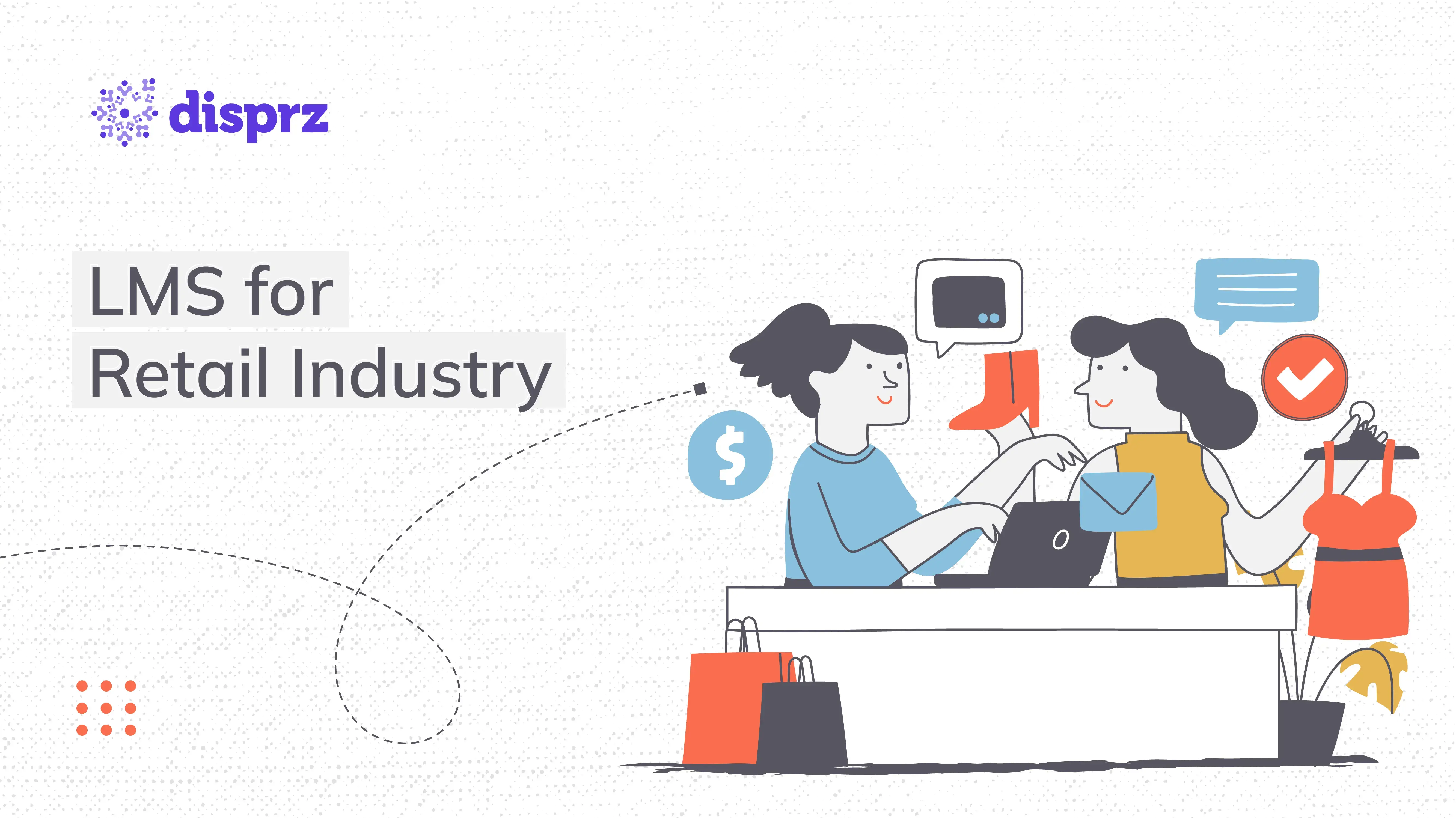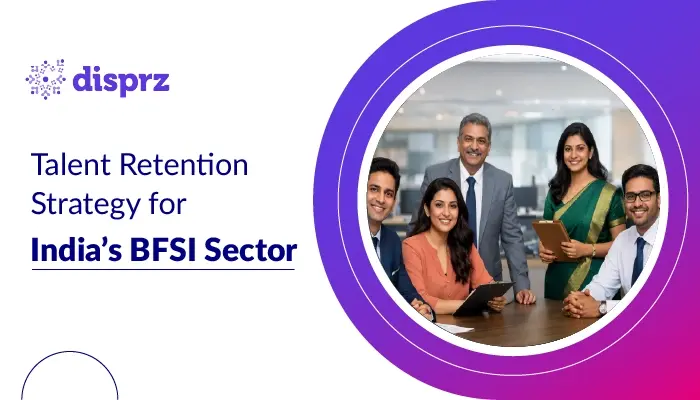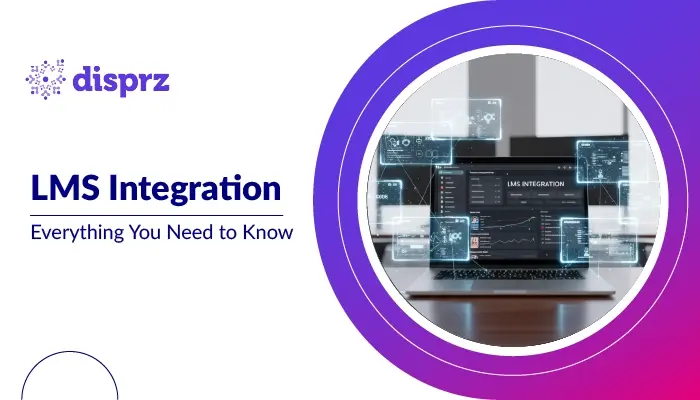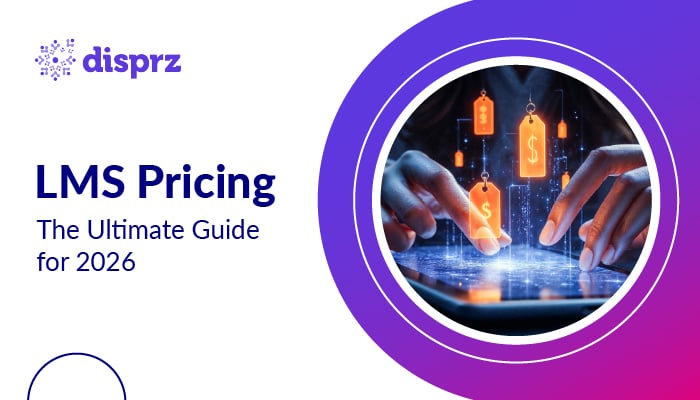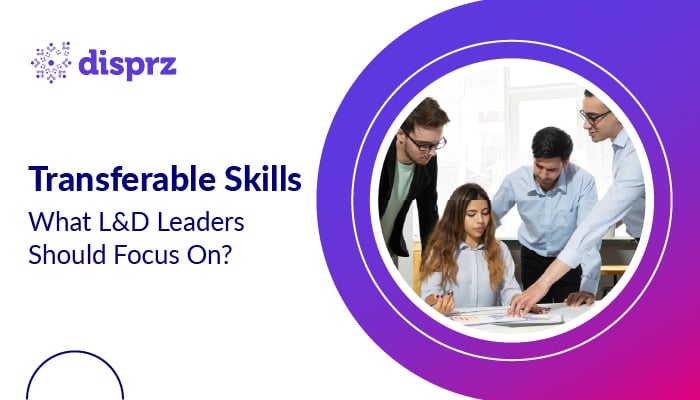What is an LMS for retail?
The success of the retail sector heavily relies on the interactions between customers and employees and the quality of customer service. Think about your positive shopping experiences—while various factors contribute to your enjoyment, a key element is undoubtedly your interaction with the retail employee. In the retail industry, these customer-employee interactions are often crucial in determining the outcome of a shopping experience.
Why does retail need a collaborative LMS?
Retail increasingly values learning management systems (LMS) for their ability to transform training through personalized, accessible learning and robust analytics. An effective LMS enhances productivity, knowledge retention, and service quality by standardizing and automating training across all locations. Supported by powerful analytics, an LMS provides valuable performance insights and identifies training gaps, ensuring employees receive the targeted support they need to excel.
Realtime use cases for LMS in the retail industry
1) New Product Training
New products with innovative features arrive constantly, requiring regular training for retail staff to effectively sell to customers. Utilize an LMS for high-quality training that enhances client relations, boosts sales, and builds brand loyalty.
2) Onboarding
High retail attrition complicates onboarding and training. Quick results are unrealistic. Yet, an LMS automates onboarding, helping new hires grasp goals, targets, and company policies swiftly.
3) Retail Inventory Management & Supply Chain Training
Employees need expertise in inventory and supply chain management to avoid profit loss. Effective training, enhanced by gamification like avatars, makes eLearning enjoyable and motivating.
Benefits of LMS for retail industry in 2026
Let's explore how the eLearning format has been assisting large retailers in overcoming their training challenges

Dealing with high employee turnover
Adopting an online LMS reduces high retail turnover costs by eliminating the need for instructors and logistics, with real-time notifications enhancing employee retention.
Improving customer satisfaction and sales
Retail prioritizes personalized in-store experiences. Training staff for customer attention is crucial amid rising online shopping. Delighting customers is essential, supported by an accessible online LMS for effective service and promotion.
Providing up-to-date product knowledge
New retail products with enhanced features are frequent. Use an online LMS for real-time updates and micro videos to ensure quick, standardized access across devices.
Anywhere, anytime through mobile learning
Retail employees need on-the-go access to information via mobile learning for timely updates. Microlearning offers quick, specific information, aligning with industry trends for flexible training on personal devices across locations.
Centralized training platform
An eLearning solution offers cost-effective, flexible training for dispersed teams to gain product and brand knowledge. Businesses prioritize efficiency to expand organizational knowledge, necessitating centralized formal and informal learning for competitive training.
Types of learning/training in the retail industry

1) Social Learning
Social learning involves acquiring knowledge and skills through peers, mentors, or experts via observation, imitation, or collaboration, using methods like discussions and collaborative projects.
2) Video-Based Learning
Video-based learning uses videos to deliver training content, including instructional videos, demonstrations, simulations, and lectures, benefiting visual and auditory learners with flexible content access.
3) Scenario-Based Learning
Scenario-based learning uses real-life situations relevant to work environments, prompting learners to analyze and solve problems, and fostering critical thinking and decision-making skills.
4) Blended Learning
Blended learning combines classroom instruction, online learning, videos, and self-paced modules to optimize outcomes and meet diverse learning preferences.
Key LMS features for effective retail training
The following are key LMS features for retail industry training
Onboarding capabilities
Due to high retail turnover rates, effective onboarding capabilities are essential when selecting an LMS. The system should streamline the onboarding process by incorporating interactive modules, multimedia content, and quizzes to facilitate the rapid integration of new hires.
Customization options
Retail roles vary greatly, each requiring specialized training. Choose an LMS with modular content and adaptive learning paths to customize training for specific job functions. This ensures employees receive personalized learning experiences tailored to their unique needs and learning styles.
Real-time updates
Retail evolves rapidly with new products, regulations, and trends. Your LMS should provide real-time information and allow seamless updates to training content for an agile, informed workforce.
Mobile accessibility and microlearning
Microlearning delivers focused content in small segments, perfect for busy learners handling multiple tasks. Accessible on mobile devices, it supports flexible schedules and customized learning paths, ensuring relevance.
Reporting
Analytics plays a vital role in assessing the impact of training programs. Retail leaders need detailed insights into employee performance, training completion rates, and areas requiring improvement. An LMS with robust reporting capabilities provides these critical insights, enabling data-driven decision-making and continuous enhancement of training programs.
Collaborative and social learning features
Forums, discussion boards, and collaborative projects in your LMS build community and encourage knowledge-sharing among employees, enhancing team cohesion and disseminating knowledge effectively.
Compliance training
Compliance training is crucial for adhering to industry regulations, legal standards, and ethical practices. An LMS must be SCORM-compatible, offering robust tools for creating, delivering, and tracking compliance courses. It should also manage certifications and send timely recertification reminders to ensure continuous compliance.
Integration with retail technology
Your LMS should integrate seamlessly with HR and POS systems for a cohesive training experience. Choosing a retail LMS aligned with existing technology ensures synchronized employee data and supports your brand’s broader goals.
Training challenges in retail
Retail L&D leaders must find adaptable solutions to meet the ever-changing demands of the retail industry.
Here are some examples of various training needs for your retail team
-
Sales associates
Sales associates, who often represent the brand, need thorough product knowledge along with training in effective communication and customer-centric skills to consistently provide exceptional service.
-
Retail managers
In managerial positions, training requirements go beyond customer interactions to include leadership, decision-making, and strategic planning skills. Managers must adeptly handle daily operations, enhance team performance, and align with organizational goals.
-
Warehouse associates
Although not needing customer-centric training like their colleagues, your warehouse or back-of-house (BOH) team must stay informed about inventory management updates, stock checking procedures, and safety requirements. This ensures they can effectively support the front-of-house team.
How to implement a retail LMS for employee training
Here are key steps to ensure successful implementation
1) Communicate benefits
Clearly communicate the benefits of training to employees, emphasizing how the eLearning program will simplify their work and improve their skills.
2) Gain buy-in
Secure support from senior team members early on to act as advocates for learning within the organization. Involving leadership in the decision-making process for selecting the LMS is crucial.
3) Collaborate and communicate
Maintain open communication and collaboration throughout the implementation process with all stakeholders to ensure alignment and smooth execution.
4) Ensure compliance
Use the LMS to regularly audit and update compliance training content to keep up with evolving regulations. Simplify certification and recertification processes to ensure workforce compliance.
5) Utilize microlearning
Create bite-sized, mobile-accessible learning modules for flexible training. Microlearning supports customizable paths and assessments to personalize training for each learner.
Tips to select the best LMS for retail
When choosing an LMS vendor for retail, it’s important to consider these factors to ensure smooth integration into your organization
Content (creation) is king
Take into account the simplicity of content creation and management, user interface experience, security protocols, and the quality of technical support provided by the LMS provider.
Scalability is the best ability
Evaluate the scalability of the LMS system to ensure it can adapt to the changing requirements of a retail workforce and expand alongside the organization effortlessly.
Flexible finance
Focus on vendors that provide adaptable pricing structures, such as per-user or subscription-based plans, to match the organization's budget and scalability needs effectively.
Never short on support
Choose vendors that offer thorough technical support, ample training resources, and a responsive customer service team.
Keep an eye on ROI
Consider the cost in relation to the potential return on investment, taking into account benefits such as reduced compliance violations, enhanced performance, and streamlined processes.
Conclusion
Retail relies on customer interactions and service. An LMS enhances training with personalized learning, real-time updates, and analytics. Disprz offers tailored retail solutions for seamless training across locations, with real-time updates and detailed analytics. Experience Disprz's impact on retail training by booking a demo today for personalized learning and actionable insights.



